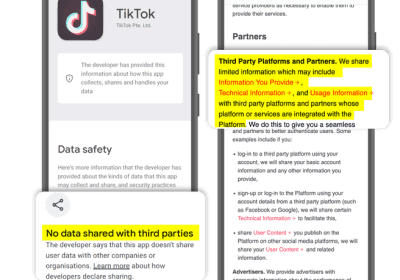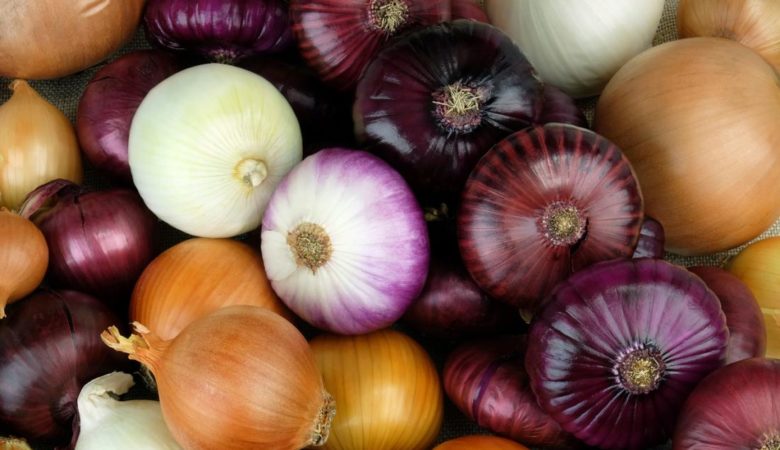
Numerous individuals become veggie lovers and vegetarians. Their purposes behind this direction for living can be financial matters, religion, health, sympathy for Animal, faith in peacefulness, concern over animal rights, or concern for the environment. Veggie lovers state, “Picking vegan nourishments is probably the best thing we can accomplish for ourselves, nature, and for creatures.” But it is difficult to be vegan where eating meat is well known by convention, propensity and culture. Just a little minority said they were veggie lovers, only 3% of the individuals in the United States.
- Economics For much of the world, people become vegetarian as a matter of economics. Meat costs a lot more than beans or rice, so meat is served only on special occasions. Even where meat is plentiful, it’s still used in moderation, often providing a side note to a meal rather than taking center stage.
- Environment People become vegetarian because it is good for the environment. In a crowded world, raising animals for food use more resources, water, feed and land than plant farming does. According to the United Nations, the livestock industry is one of the largest contributors to environmental degradation worldwide, to air and water pollution, land degradation, climate change, and loss of biodiversity.
- Religion People become vegetarian as a matter of religion. Traditionally many Hindus, Buddhist monks, Seventh-day Adventists, Rastafarians, Hare Krishnas, and most Chinese Buddhists do not eat meat. Other religions practice fasting and avoid meat during specified times such as Lent, Yom Kippur and Ramadan.
- Animal Rights and Ethical Concerns People become vegetarians to support animal rights. They reject violence and the killing of living creatures. Industrial-scale animal farming and slaughterhouse practices cause animal suffering and disease. For some vegetarians, beef, fowl and fish are four-letter words.
- Health People become vegetarians for better health. Studies show that a vegetarian diet extends your life expectancy by several years. The China Project, in conjunction with Cornell University, studied 880 million people over 20 years. It found that a diet with less meat reduced heart disease, diabetes, and cancer, the major causes of mortality in the Western world.
When you become a vegetarian or vegan, you can still enjoy foreign cuisines like Thai, Indian and Chinese that offer vegetarian meals. Vegetarian restaurants can even be gourmet delights. The Millennium Restaurant in San Francisco was my first experience of a scrumptious gourmet vegetarian menu for foodies. Check your favorite vegetarian restaurants and cookbooks for more inspiration. Vegetarian or not, it’s always a healthy idea to eat a wide variety of foods and explore new foods when you can.











